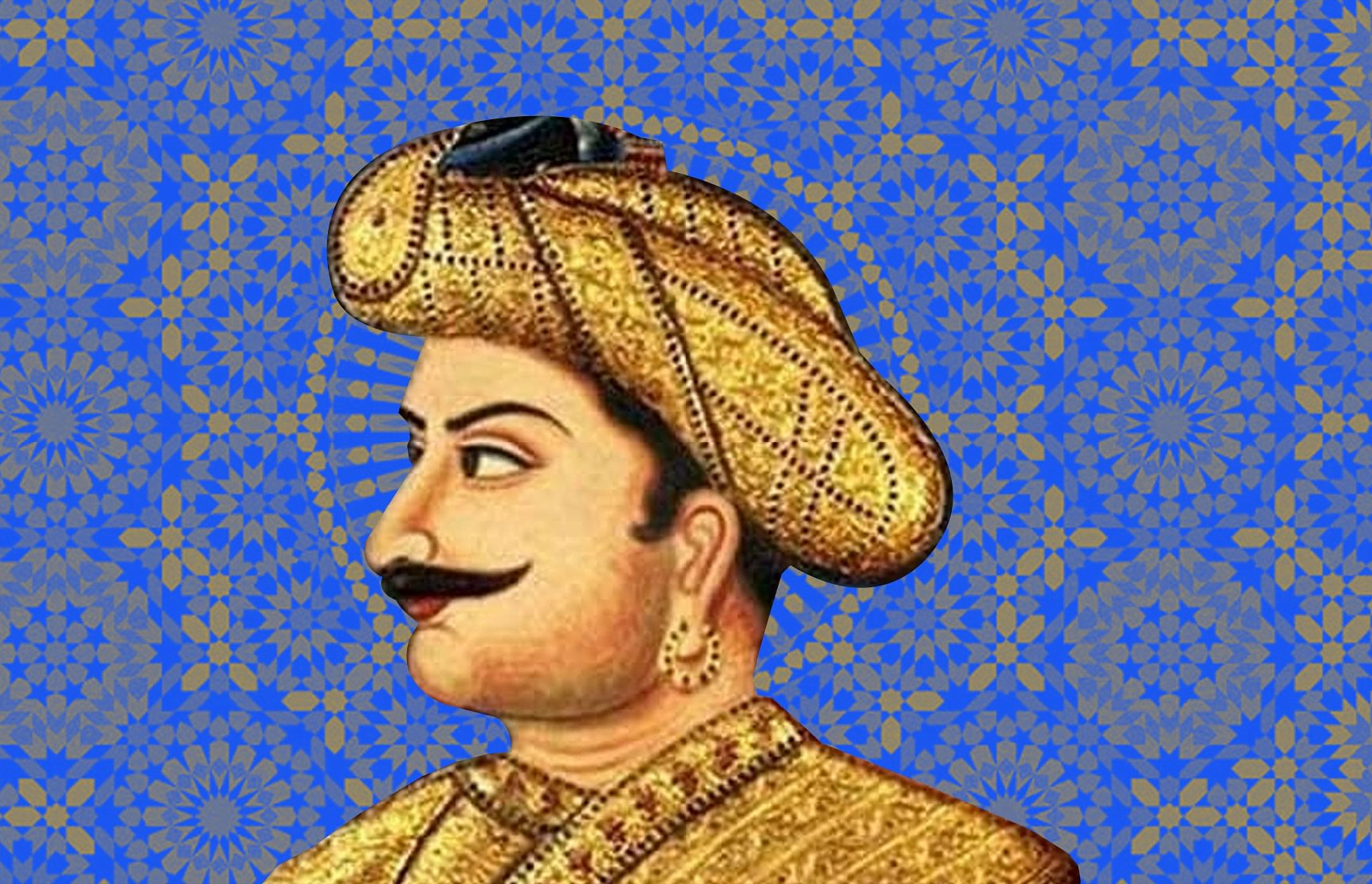On March 25, 2022, a proposal to change the chapter in Karnataka’s textbooks on Muslim emperor Tipu Sultan provoked outrage. BC Nagesh, Karnataka’s primary and secondary education minister, said on Friday that the committee’s report suggested changes to the state’s textbooks, particularly with references to Tipu Sultan.
According to a source familiar with the situation, the assessment recommends that passages that “glorify” Tipu Sultan be erased.
The decision comes as the administration is already under fire over the hijab controversy and the restriction on Muslim vendors from entering Hindu temples. The government has already removed a chapter on Tipu Sultan from the Class 7 syllabus in July 2020.
The debate surrounding Tipu Sultan and a political effort to remove him from textbooks has erupted in Karnataka. The dispute stems from Tipu Sultan’s campaign against the Kodava population, which includes charges of murder and forced conversions.
Tipu being hailed as a freedom fighter, according to UM Poovaiah, editor of Brahmagiri, a Madikeri-based weekly, is an insult to patriotic Kodavas.
“The district has produced one field marshal, a general, eight lieutenant generals, 30 major generals, 50 brigadiers, more than 100 colonels and six air marshals. But no Kodava opinion or sentiment has ever been honoured by the government,” he said.
Politicians, according to Narendar Pani, a political analyst and professor at the National Institute of Advanced Studies (NIAS) in Bengaluru’s School of Social Sciences, are attempting to project events from the 18th century onto modern-day beliefs.
“If you look at the battle of Bangalore, his allies were Hindus. Similarly, when the temples of Sringeri mutt in Karnataka was attacked by the Maratha empire, it was Tipu who helped them defend themselves. The fact that he attacked the Nizam of Hyderabad more than the Marathas shows that his intentions were territorial rather than communal. This being the 18th century, his method of achieving it was violence,” Pani explained.
Pani also mentioned that his efforts were focused on land and territory control, not religious extremism. “In the 18th century, there were two ways of the controlling land, one through middlemen and other directly controlling the lands. In the coastal Karnataka and Western ghats region, Tipu opted to control the territories directly. The battles were the result of the conflict between the middlemen controlling the land and the Tipu’s forces,” he added.
A faculty member at the National Institute of Advanced Studies added that “School textbooks are important because they give children history and especially in this land where Tipu is a local king. Removing a person and sanitising history is dangerous.”
Meanwhile, the Karnataka Opposition has spoken out against the scandal. Congress legislator UT Khader said, “He is been placed now in the London Museum also. When tourists go to Srirangapatana, Devanahalli and other places…these are things that the government cannot remove? By removing him from textbooks, the students will be deprived of learning about his fight against the British and other history associated with him.”
BC Nagesh, the Minister of Education, has stated that the altered parts on Tipu Sultan would be revealed soon.



















































































